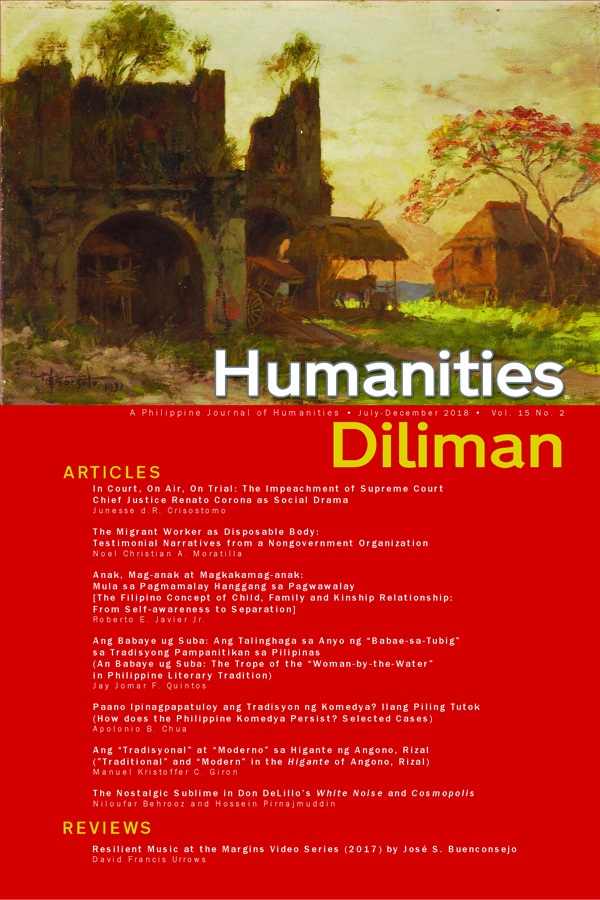The Nostalgic Sublime in Don DeLillo’s <em>White Noise</em> and <em>Cosmopolis
Abstract
Don DeLillo has been called a great postmodernist due to the plethora of postmodern features that he has employed in his novels. However, because of his nostalgia for transcendence and “lost assurances,” he has become associated with modernism as well. Living in an increasingly secular, imageconscious society, DeLillo’s characters look for comfort and reassurance in the good old days, hence the reemergence of a more traditional mode of sublimity—the modernist’s “nostalgic sublime”—in his works. The recurring moments of spirituality, mystery, and communion show the yearning for meaning beyond the white noise of consumption. The moments of implied transcendence and sublime spirituality in DeLillo’s f iction, however, do not seem to originate from a higher being or an inaccessible divinity, but from the very ordinary and familiar sources around us. Drawing on the ideas of the major theorists of the sublime such as Kant and Lyotard, this paper focuses on Don DeLillo’s White Noise (1984) and Cosmopolis (2003), and attempts to shed light on the relationship between nostalgia for spirituality and the sublime.
Keywords: Don DeLillo, White Noise, Cosmopolis, the sublime, spirituality, nostalgia


